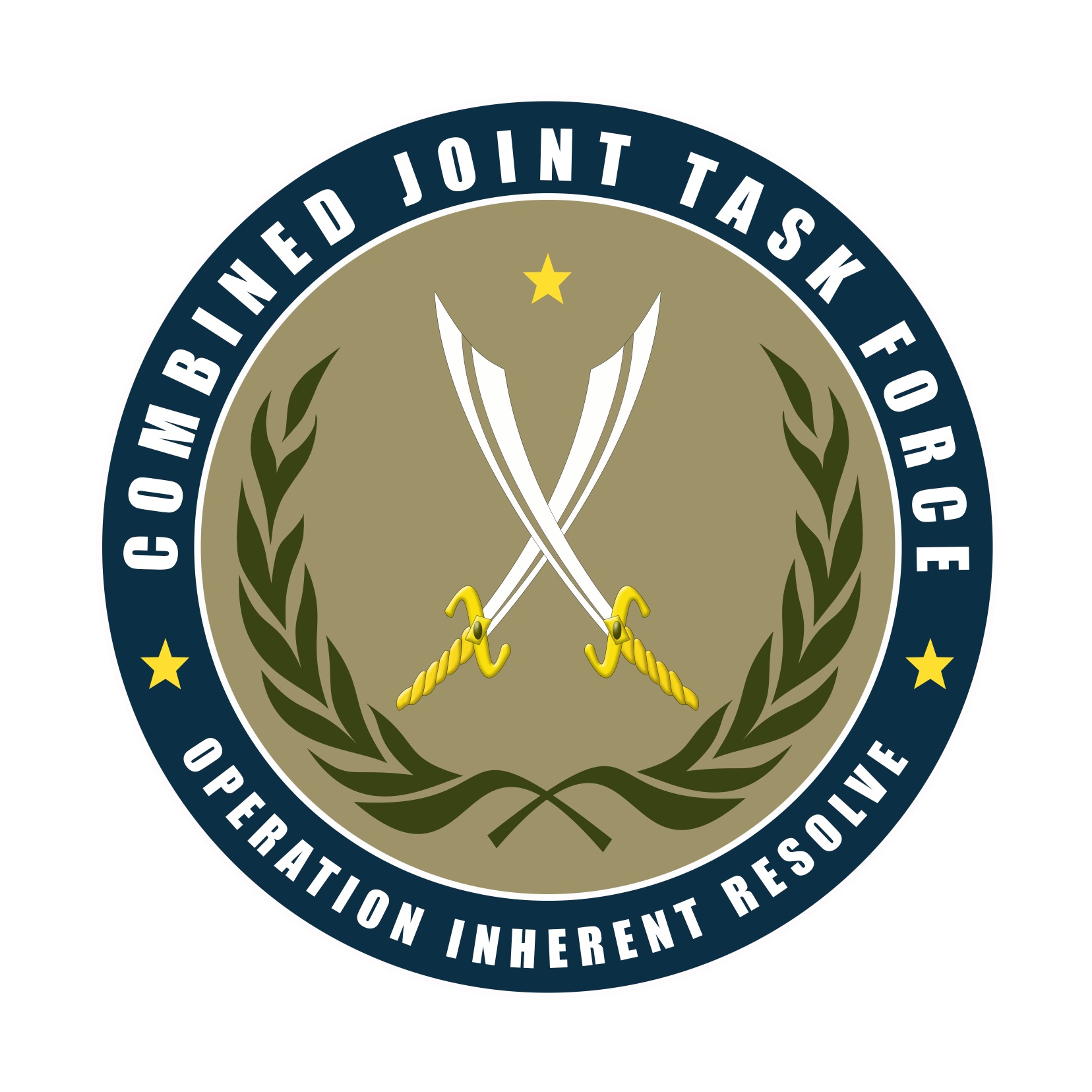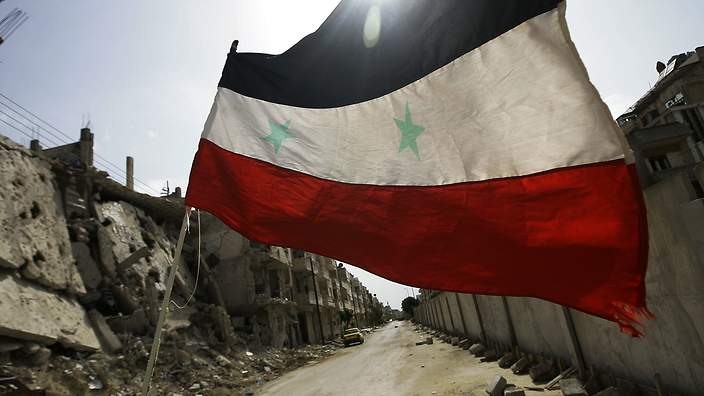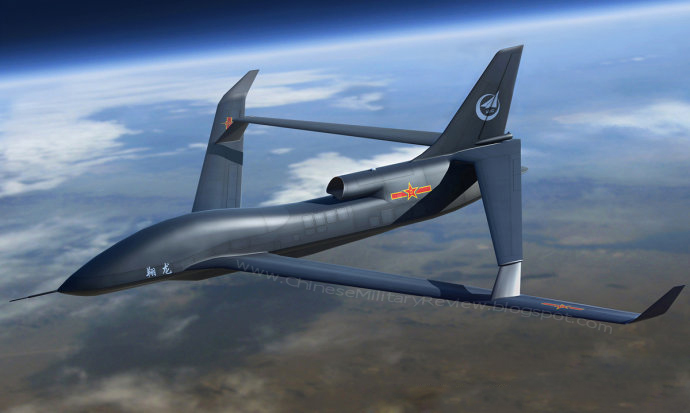This month marks the one year anniversary of the U.S. led bombing campaign Operation Inherent Resolve against the self proclaimed Islamic State (IS). What began as targeted strikes against IS convoys to protect the Iraqi city of Erbil has expanded to a pledge by president Obama to degrade and ultimately destroy IS. By the end of July 2015 there were nearly 200,000 airstrikes, close air support and interdictions, with about 5,200 of these involving the release of at least one weapon. U.S. airstrikes have hit around 10,000 different targets, killing an estimated 15,000 IS fighters, costing some $3.5 billion.
Commander Elissa Smith, a Pentagon Spokeswoman recently stated that “We have struck ISIL’s command and control, supply lines, fighters, leaders, and military economic infrastructure.” And that “in Iraq ISIL has lost the freedom to operate in some 30 percent of the territory they held late August [2014].” As a result of the bombing campaign IS can no longer start any major offensives in Iraq and its ability to rapidly assemble and maneuver around the battlefield has been severely curtailed. This has led to significant defeats in key cities in Syria and Iraq like Tikrit, and Kobane.
Many senior American officials have also recently given positive assessments of the bombing campaign against IS. In late July, retired General John Allen, Obama’s top envoy working with other coalition partners to combat IS, said that IS momentum had been “checked strategically, operationally, and by and large, tactically.” And that “ISIS is losing.” In a recent news briefing Secretary of Defence Ashton Carter said that while it is going to take time “I’m confident that we will succeed in defeating ISIL and that we have the right strategy.” While some are giving positive assessments, there is an equall, if not higher number of officials and organizations that are saying the opposite.
Those who are not as convinced that the campaign is working argue that while the bombing campaign has had some success in allowing Iraqi and Kurdish forces to reclaim some parts of the country, important cities like Mosul and Ramadi still remain under IS control. The Defense Intelligence Agency, said that documents conclude that the yearlong campaign has done little to diminish the ranks of IS committed fighters, which has now expanded its reach to North Africa and Central Asia in the past year.
Other American Analysts say that IS is replacing its fighters in Iraq and Syria as fast as the U.S. led coalition is killing them. Foreign fighters continue to replenish the ranks with IS still estimated to be 31,000 strong, the same number as last August. IS also remains well funded, earning close to $1 billion a year in oil revenues and taxes, according to Treasury Department estimates. There has also been little progress in Syria where IS forces continue to take ground from the Syrian government and other rebel groups. It has also now expanded to other countries including Libya, Afghanistan, and the Sinai Peninsula in Egypt.
Historically speaking a bombing campaign by itself has never won a war without a strong ground force to back it up. In World War Two the U.S. strategic bombing campaign laid waste to much of Germany and Japan but could not ultimately defeat them without a major ground campaign. In the Vietnam War, the U.S. dropped 2.5 million tons of bombs on Laos alone over a nine year period. With nearly 600,000 bombing runs there was an equivalent of a planeload of bombs dropped every eight minutes for nine years, more than what U.S. planes unloaded on Germany and Japan combined. Even so the U.S. was unable to destroy the Ho Chi Minh trail and defeat the determined North Vietnamese Army.
In the current bombing campaign in Iraq and Syria, the U.S. faces the ultimate paradox. No matter how fast, advanced, and expensive the American air campaign is, warfare in Iraq remains a slow and grinding process. On the flight deck of the Theodore Roosevelt sailing in the Persian Gulf, around 65 combat planes including F/A-18E Super Hornets armed with 500 pound laser-guided bombs, travel up to one and a half times the speed of sound to their targets and drop their payload with accuracy and precision that bombers in WW2 and Vietnam could only dream of. Yet they can only go as fast as their partners on the ground.
These partners on the ground are not highly trained American soldiers with over a decade worth of experience in Afghanistan and Iraq communicating directly to the pilots overhead in English. They are unproven Iraqi Security Forces who tell their Iraqi commanders in Arabic where they want airstrikes, and this information is then relayed to command centres in Bagdad and Erbil, where American controllers then call pilots in the air.
While some progress had been made in the fight against IS, it is far from clear whether the bombing campaign is or can ultimately degrade and destroy IS as Obama put it. In the long run, a strong ground force will be needed to route IS from its strongholds. At the moment the U.S. is having a hard time finding a reliable partner on the ground. In Iraq, Iraqi Security Forces have so far proven that they are not even close to being ready to fight IS head on. The Shiite militias are a more effective fighting force to support, but they are backed by Iran and in most cases are made up of the same people that the U.S. was fighting in the 2003 Iraq war.
In Syria the U.S. has only been able to train some 60 “moderate” fighters who have mostly been killed or captured already. The Kurds, perhaps the most effective ground force seems to be content in just taking back their territory from IS and not going any further. And Turkey, a NATO ally with the biggest military in the region, appear to be more interested in defeating its traditional enemy the Kurds, than fighting IS.






